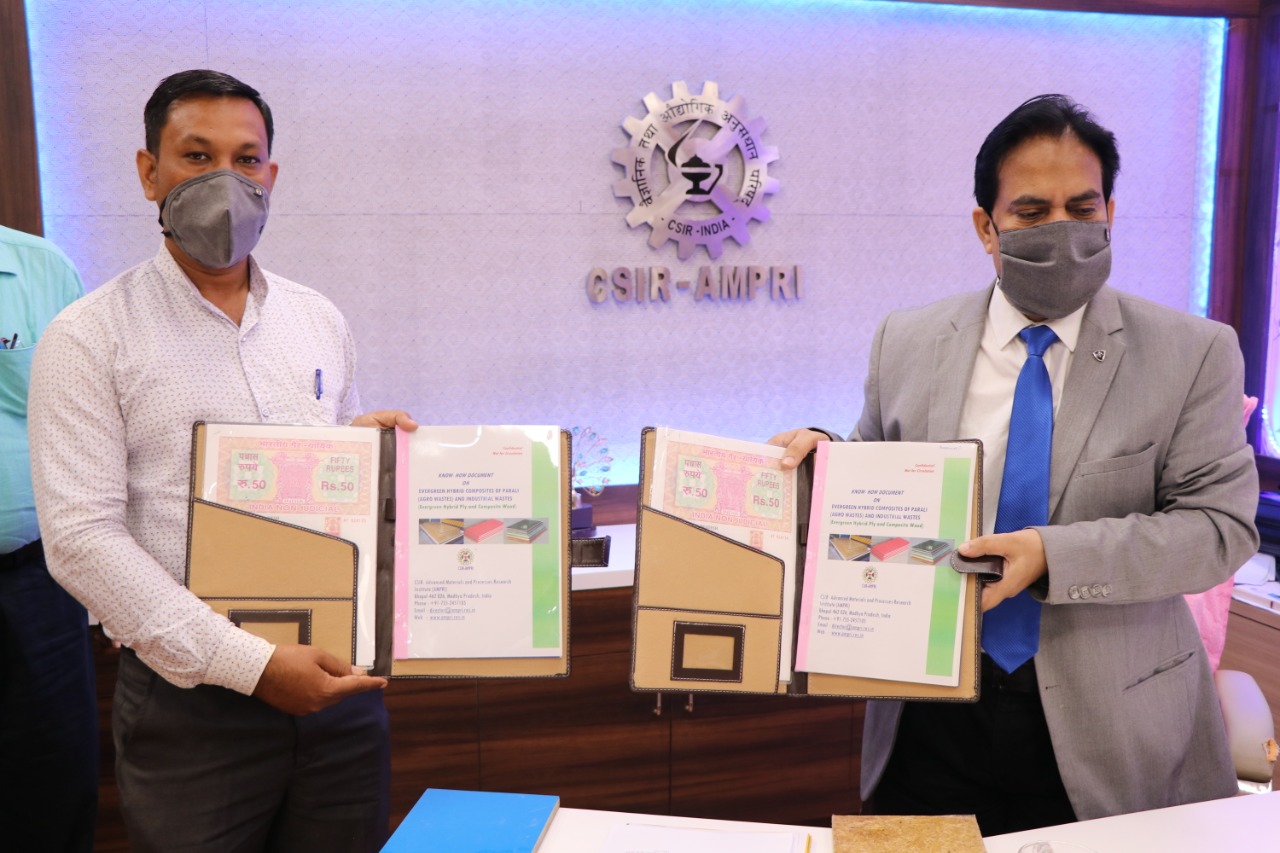
Seven Taiwan universities rank in Asia-Pacific top 100
- News
- 1.8K
A total of seven Taiwan tertiary education institutions are ranked among the 100 best universities in the Asia-Pacific, according to U.K.-based Times Higher Education magazine July 4.
Local schools in the top 100 are National Taiwan University (33rd), National Taiwan University of Science and Technology (57th) and National Taiwan Normal University (99th) in Taipei City; National Tsing Hua University (47th) and National Chiao Tung University (53rd), both in northern Taiwan’s Hsinchu City; China Medical University (84th) in central Taiwan’s Taichung City; and National Cheng Kung University (65th) in southern Taiwan’s Tainan City.
“In Taiwan, engineering and computing are the mainstays of research and advanced training in universities with strong links to industry,” Times Higher Education said in a report accompanying the annual ranking, adding that the nation has an excellent vocational university sector focused on advanced manufacturing.
The publication reviewed schools from 38 countries and territories in East and Southeast Asia as well as Oceania to compile the list. Universities were evaluated according to five categories of performance indicators—teaching, research, citations, international outlook and industry income—to provide the most comprehensive and balanced comparisons trusted by academics, governments, industries, students and university leaders, the publication said.
Scores achieved by each institution are based on a variety of factors. These include learning environment, reputation, internationalization and other indicators such as the number of times a university’s published works are cited by scholars globally.
The National University of Singapore, Peking University and the University of Melbourne took the top three places in the ranking. Japan was the most represented nation with 69 universities in the list.
Times Higher Education, headquartered in London, releases a variety of rankings annually. It has acted as a source of analysis on higher education for nearly five decades. (KWS-E)





ecommerce platform
Thanks for the news, I think it will be helpful to me.